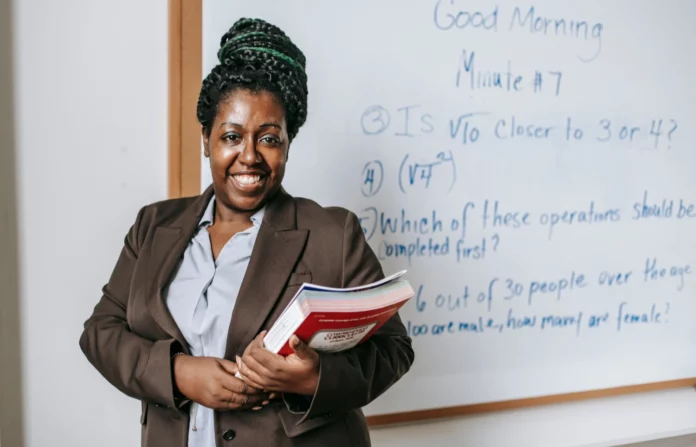In a recent meeting with a parliamentary committee, Dr. Nancy Macharia, the CEO of the Teachers Service Commission (TSC) in Kenya, shed light on the challenges faced by the TSC in achieving diversity among its teaching staff. While emphasizing the importance of professional qualifications, Dr. Macharia discussed how subject combination plays a significant role in the recruitment and posting of teachers, impacting diversity.
Subject Combination and Diversity
One of the key challenges highlighted by Dr. Macharia is the tendency for certain groups, particularly females and persons with disabilities (PWDs), to avoid Science, Technology, Engineering, and Mathematics (STEM) subject combinations. This avoidance limits the diversity of teachers in these crucial areas.
Insecurity and Regional Disparities
Dr. Macharia also pointed out that insecurity poses a significant barrier to learning, leading to disparities in competency levels among populations in different parts of the country. This is reflected in the employment proportions of communities in relatively stable areas, creating regional imbalances.
Addressing the Disparities
While acknowledging these challenges, the TSC is actively working towards achieving gender equity, regional balance, and affirmative action for persons with disabilities in the teaching profession. To address regional imbalances, the TSC allocates recruitment vacancies equally to counties.
The commission actively encourages individuals with disabilities to apply for recruitment and promotion positions. Affirmative action is taken by allocating five percent more slots to communities residing in Arid and Semi-Arid Land (ASAL) areas during recruitment. Additionally, scorecards, selection criteria, and interview tools are designed to facilitate improved scores for candidates from affected areas.
TSC’s Commitment to Diversity
The TSC is committed to increasing diversity and promoting equity in the education sector, especially in technical areas such as STEM. The efforts to address subject combination challenges and regional imbalances are part of a broader initiative to create a more inclusive and diverse teaching workforce.
Previous Data and Current Initiatives
Previous data revealed that a significant portion of the TSC workforce belonged to three ethnic groups. The TSC is actively working to overcome these inequities by implementing measures that encourage diversity, address subject combination challenges, and ensure fair representation across regions.
In conclusion, the TSC’s commitment to diversity reflects a broader vision of fostering an inclusive and equitable education system in Kenya. The ongoing initiatives aim to create a teaching workforce that is representative of various demographics and capable of addressing the diverse needs of students across the country.
